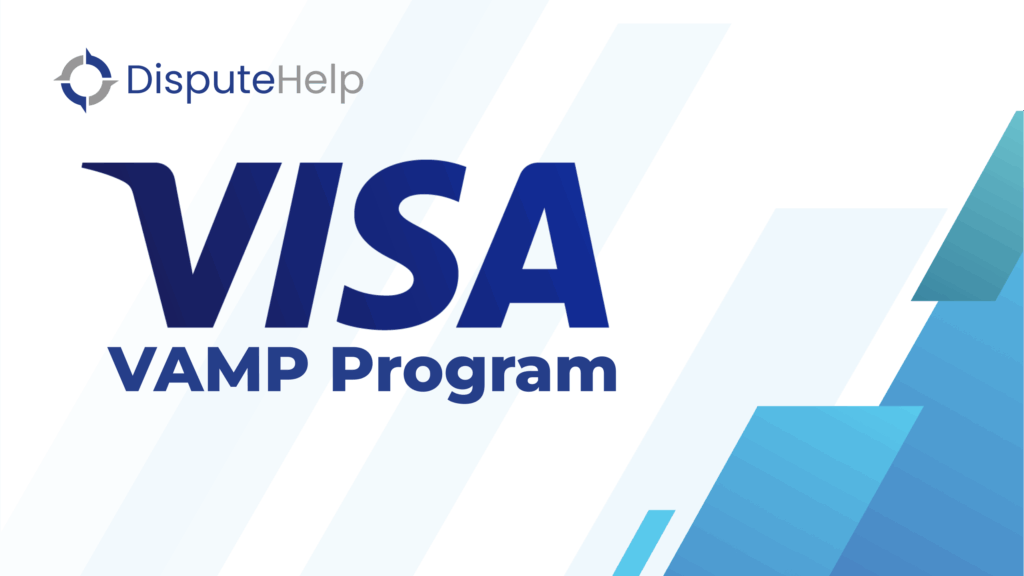Why Video Game Chargebacks Are a Unique Challenge
Video gaming is a high-risk vertical where chargebacks occur frequently due to the nature of the transactions. Digital goods are delivered instantly, leaving little room to recover value once a purchase is disputed. Microtransactions, in-game currencies, and subscription-based models add layers of complexity to refund policies and representment efforts.
For MSPs managing these portfolios, the challenge is magnified. One video gaming merchant exceeding network thresholds can affect an entire portfolio’s compliance standing. A few bad actors can also invite scrutiny from card networks and regulators, forcing service providers into costly remediation programs. Staying ahead requires constant monitoring and preventive strategies tailored to the rapid pace of gaming transactions.
Core Elements of a Guide to Chargebacks for Video Game Portfolios
Understanding the difference between disputes and chargebacks is critical in this space. A dispute occurs when a player questions a transaction, while a chargeback is the formal reversal of funds initiated by the issuing bank. MSPs must be able to support merchants at both stages, often across thousands of transactions per day.
Key responsibilities include providing clear data pathways for transaction evidence, integrating prevention services like Verifi Order Insight or Ethoca Consumer Clarity, and ensuring timely resolution workflows. Because video gaming merchants often operate globally, portfolio strategies must accommodate regional rules, cross-border data requirements, and varying consumer protection laws.
Common Chargeback Triggers in Video Game Transactions
Video game chargebacks often stem from predictable patterns. Recognizing these triggers allows MSPs to implement targeted prevention measures rather than generic fraud controls.
First-party fraud
Players may deny legitimate purchases, especially when minors access accounts without permission or when players regret high-value microtransactions. This behavior often peaks after major in-game events or promotional sales.
Account takeovers and credential abuse
Hacked accounts lead to unauthorized purchases, which are then disputed by the rightful account owners. These cases require strong fraud detection and real-time alerts to prevent downstream losses.
Subscription and recurring billing disputes
Players frequently forget about active subscriptions or misunderstand renewal terms. Clear communication and proactive notifications can minimize these disputes before they escalate.
International payment conflicts
Global video gaming platforms face increased risk from mismatched currencies and region-specific chargeback rules. MSPs must educate merchants on how to handle cross-border chargeback evidence to maintain compliance.
Integrating Preventive Solutions Across Merchant Portfolios
Effective video game chargeback management depends on leveraging network-supported solutions in combination with portfolio-wide automation. Chargeback alerts from Mastercom Collaboration or Ethoca can give early notice of disputes, allowing MSPs and their merchants to issue refunds before chargebacks post.
MSPs should also prioritize solutions that unify multiple services. A single platform that supports prevention, alerts, and representment not only simplifies merchant onboarding but reduces operational overhead. This approach allows merchants to focus on gameplay and user retention while MSPs handle compliance and risk mitigation in the background.
Operational Best Practices for MSPs
- Portfolio-level monitoring: Track dispute ratios per merchant and across the entire video game vertical to prevent threshold breaches.
- Educate merchants on evidence standards: Align data capture with Visa CE3.0 and Mastercard First-Party Trust frameworks to maximize representment success.
- Offer white-label solutions: Allow merchants to present a seamless brand experience while benefiting from MSP-managed chargeback infrastructure.
- Automate wherever possible: Automation reduces manual workload and accelerates response times for both prevention and representment.
Where Do We Go From Here?
Video game chargebacks are unlikely to slow down, but MSPs can turn this challenge into a competitive advantage. By integrating advanced prevention tools, streamlining representment workflows, and adopting real-time portfolio monitoring, service providers can shield their merchants from unnecessary losses and position themselves as indispensable partners. If you want guidance on optimizing video game chargeback strategies, reach out to our team for tailored support.
Why DisputeHelp?
DisputeHelp delivers an end-to-end suite of chargeback prevention and resolution solutions built for high-risk portfolios like video gaming. Our white-label platform integrates directly with merchant systems and supports all major network programs, including Visa RDR, Verifi CDRN, Ethoca Alerts, and Mastercom Collaboration. By consolidating these services into a single endpoint, we help MSPs reduce operational complexity, meet evolving compliance standards, and recover revenue at scale.
FAQs: Guide to Chargebacks for Gaming Platforms
What makes online video gaming a high-risk industry for chargebacks?
Instant digital delivery, microtransactions, and global payment flows increase the frequency of disputes and complicate resolution processes for MSPs.
Which chargeback prevention tools work best for video game merchants?
Services like Verifi Order Insight, Ethoca Consumer Clarity, and Mastercard Collaboration are highly effective, especially when integrated into a unified platform.
How do MSPs manage cross-border chargebacks in video game portfolios?
By aligning evidence collection with regional requirements and monitoring network thresholds across multiple jurisdictions to prevent compliance issues.
Can automated alerts reduce chargeback ratios for video gaming merchants?
Yes. Real-time chargeback alerts notify MSPs and merchants before disputes escalate, allowing for refunds or intervention before penalties occur.
Does DisputeHelp support white-label chargeback solutions for video gaming portfolios?
Absolutely. DisputeHelp’s platform is fully white-label capable, enabling MSPs to offer comprehensive chargeback management under their own brand.



